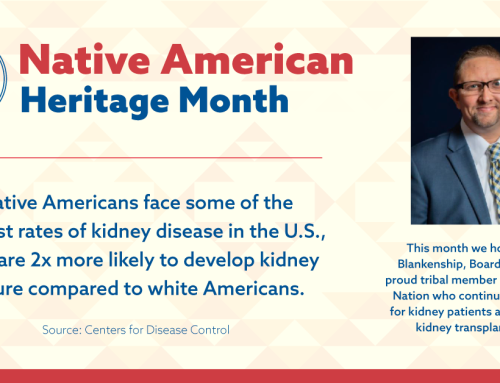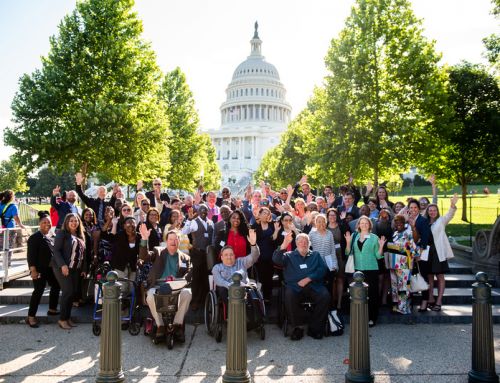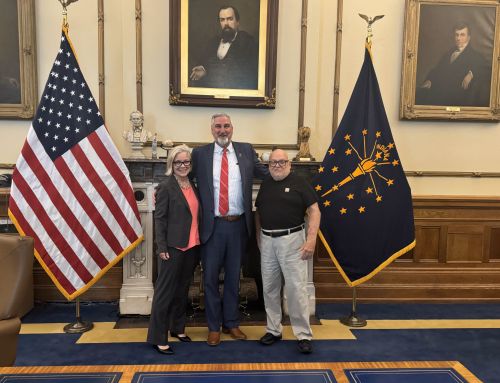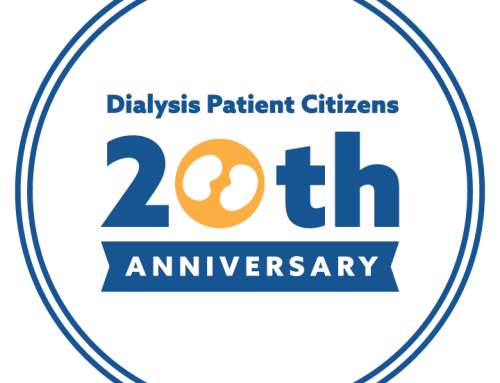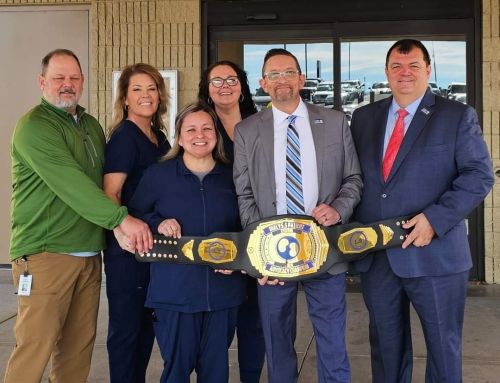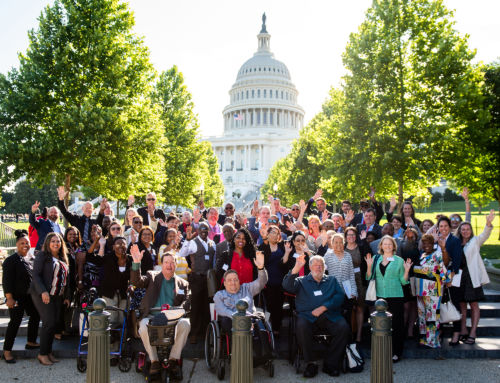The US Department of Health & Human Services (HHS) recently announced goals for shifting the traditional fee-for-service Medicare payment model to a pay-for-performance model. In a pay-for-performance model, payment is based on the quality rather than quantity of care provided. One HHS goal is to tie 30% of fee-for-service Medicare payments to quality through alternative payment models like Accountable Care Organizations or bundled payments by the end of 2016, and 50% by the end of 2018.
The dialysis community has a unique history in this area. Dialysis providers did not used to receive an annual update in their Medicare payments, but the kidney community successfully organized and advocated for this update. In order to simultaneously control for the costs of things like dialysis, lab work and medication, these annual updates were implemented in the form of a bundled payment for dialysis care.
In order to ensure the new bundled payment would not lead to under-utilization, the Centers for Medicare and Medicaid Services (CMS) implemented a Quality Improvement Program (QIP). QIP measures dialysis facilities on items such as whether patients are receiving adequate dialysis and have stable hemoglobin levels. While DPC supports QIP on the whole, DPC submits comments annually on measures newly adopted into the QIP program. Read our previous QIP comments.
While HHS just set goals to shift the fee-for-service Medicare payment model to a pay-for-performance model for most patients, dialysis patients have been at the forefront of this transition. While there is room for improvement in QIP, the dialysis community continues to raise the bar and help move the larger patient community in a positive direction.










